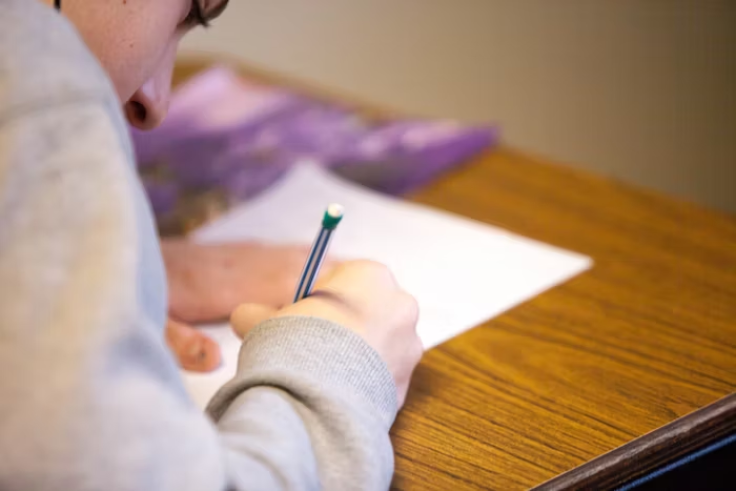In the wake of unprecedented disruptions caused by the global pandemic, elementary and middle school students across the United States are demonstrating notable strides in their academic recovery, as highlighted in the inaugural comprehensive national study evaluating the extent of students' recuperation.

READ ALSO: Cornell and Vanderbilt Extend Test-Optional Policies
The rigorous analysis, spearheaded by researchers from esteemed institutions such as Stanford and Harvard, unveils encouraging trends. Despite the profound impact of pandemic-induced school closures, students have showcased commendable progress in reclaiming lost ground. In the realm of mathematics, where the repercussions of learning loss were most pronounced, students have managed to reclaim approximately one-third of their previous setbacks. Similarly, in the domain of reading, students have made significant strides, recuperating approximately one-quarter of their losses.
While these advancements serve as a beacon of hope, they also underscore the persistent challenge of fully bridging the educational gap exacerbated by the pandemic. Despite commendable progress, many students remain distanced from attaining pre-pandemic academic proficiency, accentuating the imperative for sustained intervention and support.
Uneven Recovery and Lingering Inequality
Despite the infusion of $122 billion in federal aid, the largest investment in public education in the nation's history, significant disparities persist, particularly among students from economically disadvantaged backgrounds. Students originating from impoverished districts, disproportionately impacted by pandemic-induced setbacks, continue to grapple with formidable obstacles in their academic recovery journey. While strides have been made in narrowing the gap, the road to complete recovery remains substantially more arduous for these students compared to their more affluent counterparts.
The widening chasm between students from diverse socioeconomic backgrounds underscores the pressing need to address systemic disparities and ensure equitable access to educational resources and opportunities. The exacerbation of existing inequalities poses a formidable challenge, necessitating concerted efforts to dismantle barriers and foster an environment conducive to academic success for all students, regardless of their socioeconomic status.
Exploring Recovery Strategies and Persisting Obstacles
While certain districts have demonstrated remarkable resilience and efficacy in their recovery endeavors, others grapple with persistent obstacles hindering students' progress. Various strategies, ranging from intensified academic support to innovative interventions addressing students' mental health and well-being, have yielded promising results in select districts.
However, the effectiveness of recovery initiatives is contingent upon numerous factors, including resource allocation, community engagement, and the prioritization of students' holistic development. While federal aid has provided critical support, the sustainability and efficacy of recovery efforts remain subject to scrutiny, particularly with the impending expiration of federal funding.
As the nation navigates the complexities of post-pandemic recovery, ensuring equitable access to quality education and comprehensive support services emerges as a paramount concern. The collective endeavor to mitigate the long-term impacts of the pandemic on students' academic trajectories demands unwavering commitment, innovative solutions, and concerted action at all levels of governance and community engagement. Only through collaborative efforts can the nation effectively address the lingering challenges and pave the way for a brighter, more equitable future for all students.
While progress has been made in the post-pandemic educational landscape, the journey towards full recovery is ongoing and fraught with challenges. It is imperative for stakeholders at all levels to remain vigilant and proactive in their efforts to support students' academic success and ensure equitable access to educational opportunities. Through sustained collaboration and investment, the nation can overcome the lingering impacts of the pandemic and build a more resilient and inclusive educational system for future generations.
© 2026 University Herald, All rights reserved. Do not reproduce without permission.








